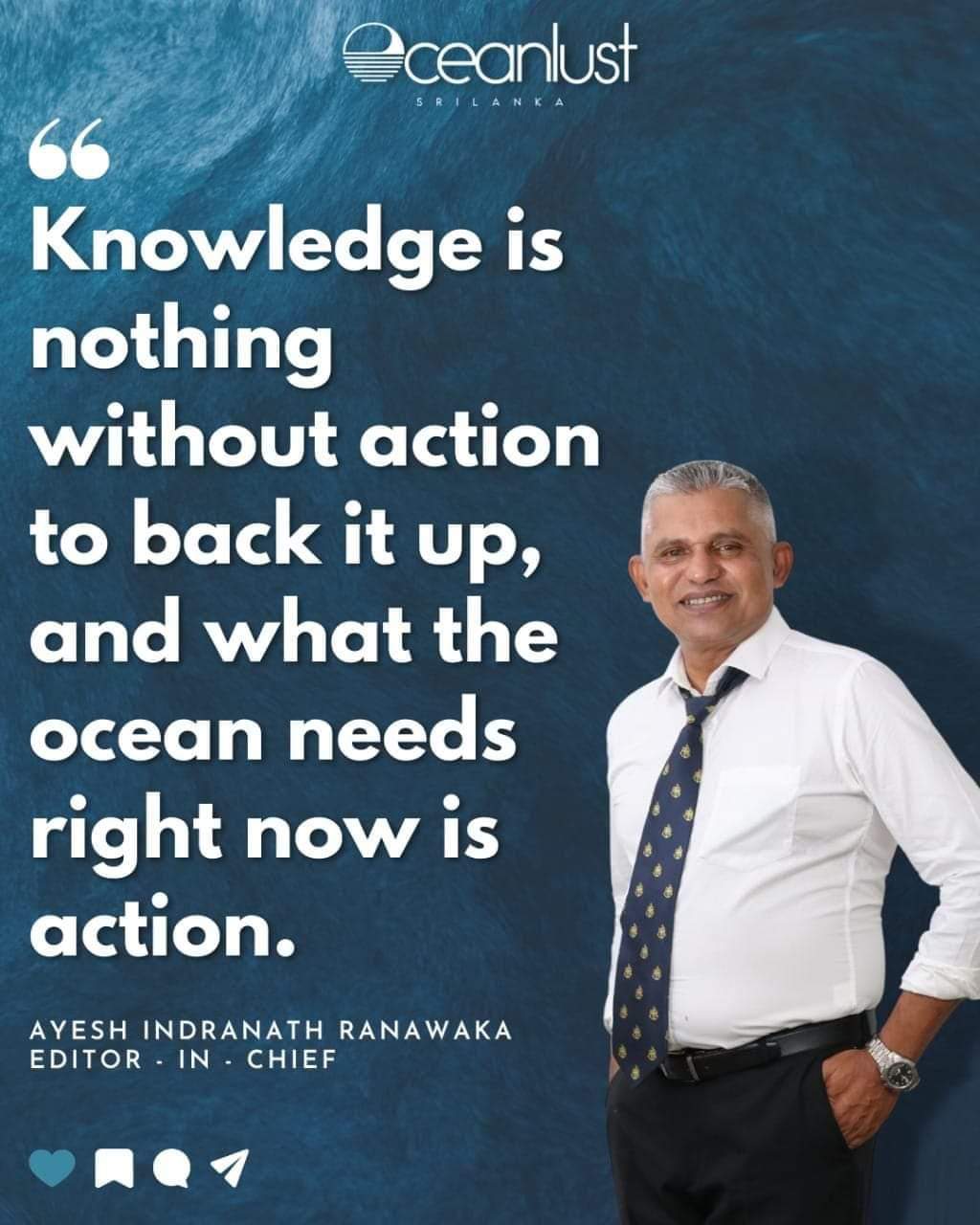Sri Lankan politics has reached a critical crossroads, with the upcoming presidential election set to be a decisive moment in shaping the nation’s future. Regardless of who emerges as the President , this election will have profound implications for the country’s trajectory. Sri Lanka, currently grappling with the challenges of a failed state, faces the urgent need to repay its debts. This necessitates generating revenue in dollars, an endeavor that requires more than just empty rhetoric; it demands a concrete plan.
Central to this plan is the involvement of the nation’s youth. It is imperative that young people take the lead in this effort, but they must first be made to understand and embrace the methods necessary for economic recovery. For example, there is much discussion about increasing IT services, but a clear explanation of how to achieve this must be provided. Without such guidance, the youth may remain disengaged, unwilling to participate in these crucial initiatives.
Our focus must extend beyond mere economic indicators and delve into specific sectors with the potential for growth, particularly those related to the ocean. The current approach, which relies on the Census Department’s criteria for evaluating economic components, must be reassessed. We cannot afford to view the ocean as a separate entity; it must be integrated into a broader strategy that includes the development of sub-disciplines within the maritime sector.
Breaking down the existing 49 components used by the Census Department into more specific sub-disciplines is essential. However, this cannot be achieved without a concerted effort. The process must involve digitization, which requires both technological infrastructure and a supportive environment for innovation. The ocean offers the perfect starting point for this digital transformation.
We propose a comprehensive digitization strategy, directed primarily at the youth, to harness the untapped potential of the ocean. This approach can pave the way for innovative solutions that can be marketed internationally, positioning Sri Lanka as a leader in maritime innovation. A key area within the maritime policy is the fishing sector. Although a fisheries policy was established in 2018, it requires updating to align with modern methodologies. This update should not be a top-down imposition but rather a collaborative effort, drawing on the insights and support of all stakeholders.
If any presidential candidate truly understands the importance of the ocean sector and seeks to advance it, they should develop and present strategies under the banner of “Digitization of the Ocean.” This forward-thinking approach would not only resonate with the electorate but also lay the foundation for sustainable economic growth. Empty promises and vague commitments will not suffice; what is needed is a well-articulated plan that can be studied, understood, and embraced by the people.
The path to revitalizing Sri Lanka’s economy lies in embracing digitization, particularly within the ocean sector. By rallying the youth and focusing on innovative, technology-driven solutions, we can unlock new opportunities for growth and secure a brighter future for the nation.
Ayesh Indranath Ranawaka
Executive Director INORA .( Institute of Ocean Resources Analysis )
Ocean 1st by oceanlust







Leave a Reply